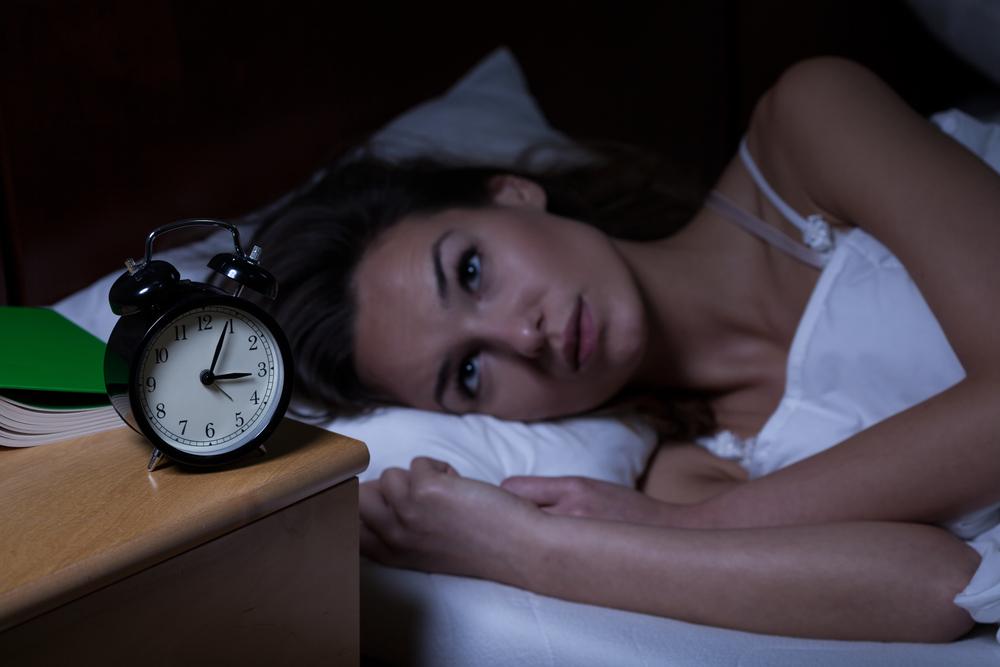The Beginning
Chronic Obstructive Pulmonary Disease, or COPD, is a lung disease that gets worse over time and makes it hard to breathe. It includes things like asthma and chronic bronchitis. Not only does COPD make it hard to breathe, but it also makes it hard to sleep. People with COPD often have trouble sleeping, especially sleeplessness, which makes their health problems worse. Understanding the link between COPD and sleep disorders is important for managing the disease well and making the lives of people who have it better.
The Ways that COPD and Sleep Disorders Work Together
COPD patients often have trouble sleeping; in fact, about half to seventy percent of people with the disease do. Insomnia, which means having trouble going asleep, staying asleep, or getting restful sleep, is one of the most common sleep problems seen in people with COPD. There are several things that can cause sleeplessness in people with COPD:
Symptoms of the Respiratory System COPD symptoms like coughing, wheeze, and shortness of breath get worse at night, which makes it hard to sleep. Patients may wake up a lot because they are short of breath, which can cause their sleep habits to become broken.
Medication: Some medicines used to treat COPD, like bronchodilators and corticosteroids, can have stimulant effects that make it hard to fall asleep and stay asleep.
Anxiety and Depression Because COPD is a long-term illness that affects daily life, many people who have it suffer anxiety and depression. These mental issues make it harder to sleep and can lead to sleeplessness.
When someone with COPD goes to sleep, their oxygen levels drop because their lungs aren’t working as well. This is called nighttime hypoxemia. This can wake you up and mess up the structure of your sleep.
What Sleep Loss Does to COPD
In people with COPD, insomnia not only lowers their quality of life, but it also makes their breathing problems worse and causes a number of other bad things to happen:
Increased Respiratory Symptoms:
Poor sleep quality makes COPD symptoms worse, like shortness of breath and coughing, which lowers lung function and causes more respiratory discomfort.
Reduced Physical Functioning:
Sleep problems make people tired during the day and less active, which is bad for their general health and respiratory function.
Poor Cognitive Function:
Long-term sleeplessness makes it harder to pay attention, remember things, and make decisions. This is on top of the problems that people with COPD already have with cognitive function because of low oxygen levels and inflammation throughout the body.
flare Risk:
Problems sleeping raise the chance of having a COPD flare, which is when breathing problems get worse quickly and need to be treated in the hospital.
How to Deal with Insomnia in COPD
Managing insomnia well in people with COPD is important for getting better sleep, easing symptoms, and improving general health. Here are some ways that COPD people can deal with insomnia:
Improve COPD Treatment:
Make sure that your COPD treatment is improving at night to keep your symptoms under control. Making changes to your drug schedule, like when you take bronchodilators and corticosteroids, can help reduce your symptoms at night and make your sleep better.
Deal with Anxiety and Depression:
Use cognitive-behavioral therapy (CBT), relaxation methods, and support groups to help COPD patients deal with anxiety and depression. Treating these mental health problems at the same time can help with sleeplessness and make it easier to deal with problems.
Oxygen Therapy:
Extra oxygen therapy during sleep can help COPD people with nocturnal hypoxemia keep their oxygen levels normal, ease their breathing problems, and get a better night’s sleep.
Sleep Hygiene Education:
Teach COPD patients how important it is to follow good sleep hygiene habits, such as sticking to a regular sleep routine, making their bedroom comfortable, and staying away from stimulants like nicotine and caffeine before bed.
Pulmonary Rehabilitation:
Include pulmonary rehabilitation classes that focus on improving your breathing, your fitness level, and your ability to deal with COPD symptoms like insomnia.
Pharmacological Interventions:
Sometimes, COPD people need to take medications to help them sleep when they have insomnia. But medicines should be given with care, because they might not work well with some COPD treatments or other health problems.
In conclusion
People with Chronic Obstructive Pulmonary Disease (COPD) often have trouble sleeping, especially sleeplessness, which makes their quality of life worse and makes their breathing problems worse. Understanding how COPD and sleep problems affect each other is important for coming up with good ways to control them. Healthcare professionals can help COPD patients with insomnia and improve their general health by optimizing their treatment, addressing any psychological comorbidities that may be present, using oxygen therapy when it’s needed, encouraging good sleep habits, and incorporating pulmonary rehabilitation. People with COPD can better control their symptoms, improve their physical performance, and enjoy a higher quality of life by addressing sleep disorders along with their respiratory symptoms.


